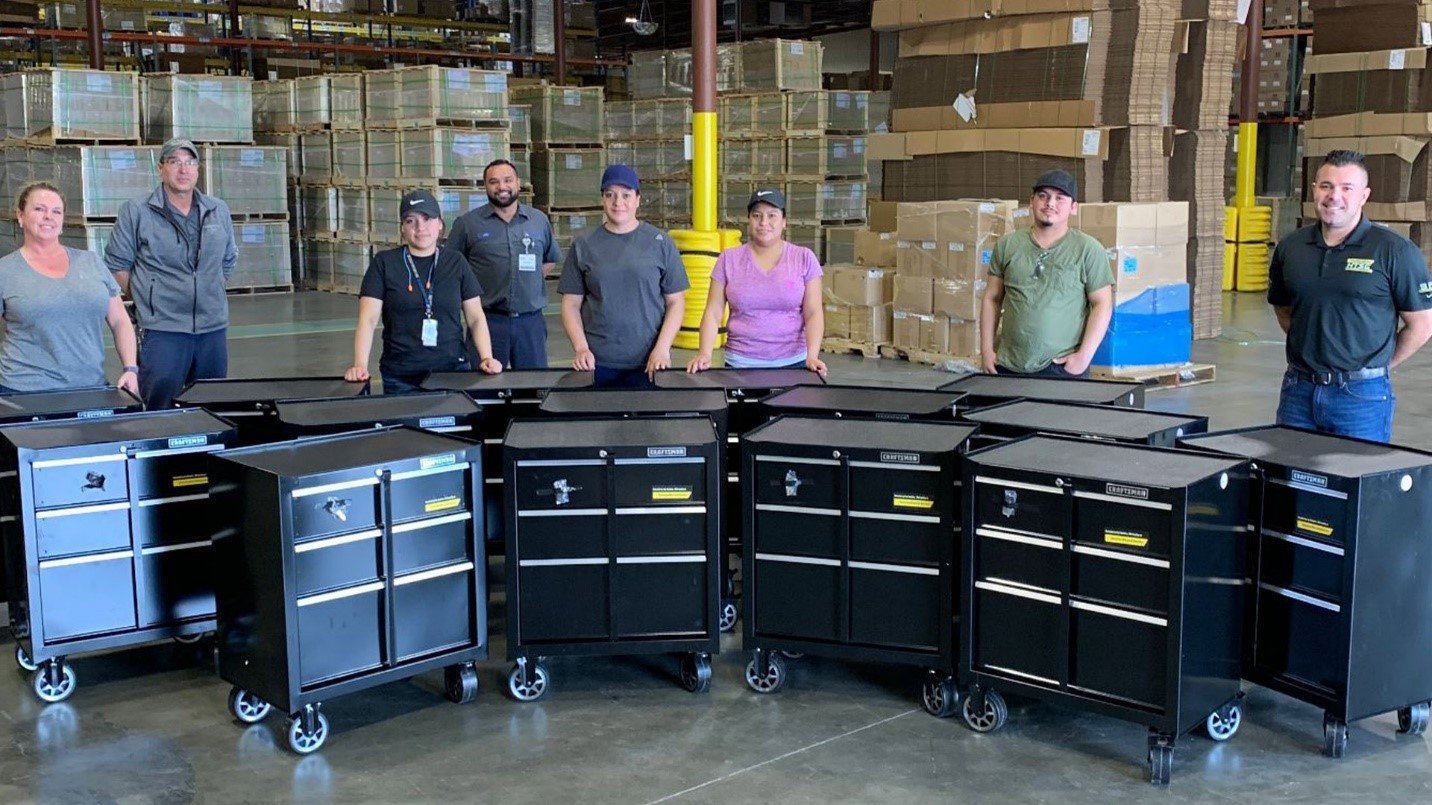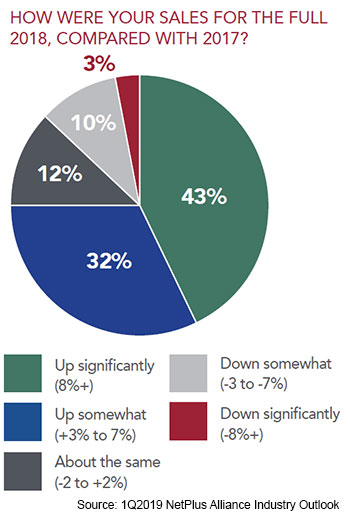The COVID-19 pandemic continues to wreak havoc on the U.S. economy, with nearly 20.5 million jobs lost in April, according to the Bureau of Labor Statistics in its latest report. It’s the largest decline since 1939. We’ve seen two months of job losses that have wiped out nearly a decade of job gains.
Wholesale trade shed 363,000 jobs in April in durable and nondurable goods, and manufacturing employment dropped by 1.3 million, most of which was in durable goods; motor vehicles and parts and fabricated metal products saw the greatest declines.
Unfortunately, none of this is a surprise at this point. The data just puts a point on what has been a very difficult month for many of our preferred suppliers, distributor members and their customers. While NetPlus first-quarter purchases were up 6.3%, we know from conversations with our distributors that business began to drop significantly after that.
That’s why NetPlus distributed our rebate payment earlier than at any time in our history, to get those much-needed funds into our members’ bank accounts.
Obviously, many members had begun taking significant steps to grow their business this year, and then COVID-19 shutdowns took hold, and those well-thought out plans went out the window. Most of our members expect business to be down significantly when the numbers for second quarter come in at the end of next month, according to our quarterly NetPlus Alliance Industry Outlook.
The good news is that every company that responded to our survey indicated their business is considered “essential” in their respective state, and 100% were still operating, albeit within different parameters. And some have been able to offset declines with sales of PPE, when they were able to keep it in stock.
In the latest survey conducted for our Outlook, we focused on the steps that our members are taking to respond to COVID-19, whether out of necessity or to fortify their operations for what’s to come. Here’s what our members say they are doing:
- Closing showrooms and will call counters (46%) or keeping them open with limited access in line with social-distancing guidelines
- Adding curbside pickup and delivery options
- Running leaner with reduced staff, rotating shifts and remote work options
- Enhancing onsite cleaning and sanitation procedures
- Taking advantage of the slowdown for internal training through video conferencing
- Improving cash flow by reducing management salaries, asking suppliers for extended payment terms and requesting rent-payment extensions or deferrals from landlords
- Applying for financial assistance programs under the CARES Act, primarily the Paycheck Protection Program (PPP)
What’s coming next?
More states are opening up. That means more manufacturing operations and construction projects are coming back online, at least in a modified form. That should be good for distributors serving these markets. In general, people are anxious – just as I am – to return to a normal life, even if it’s far from the normal we’re used to.
In the meantime, stay strong, stay focused and stay healthy.





